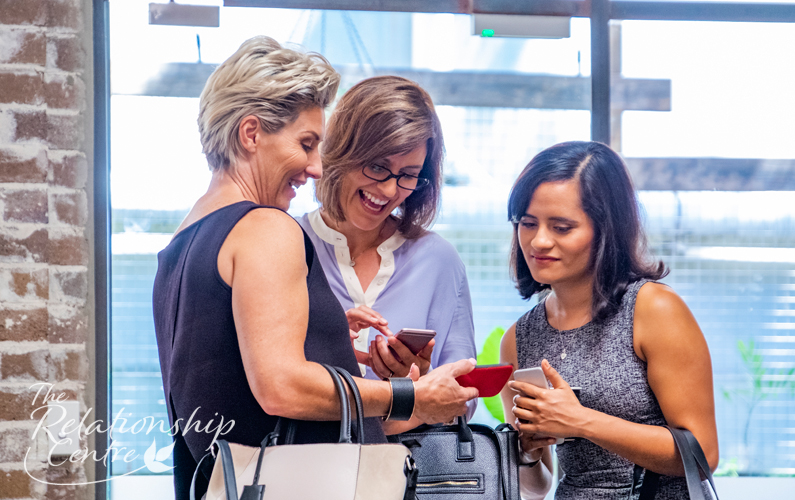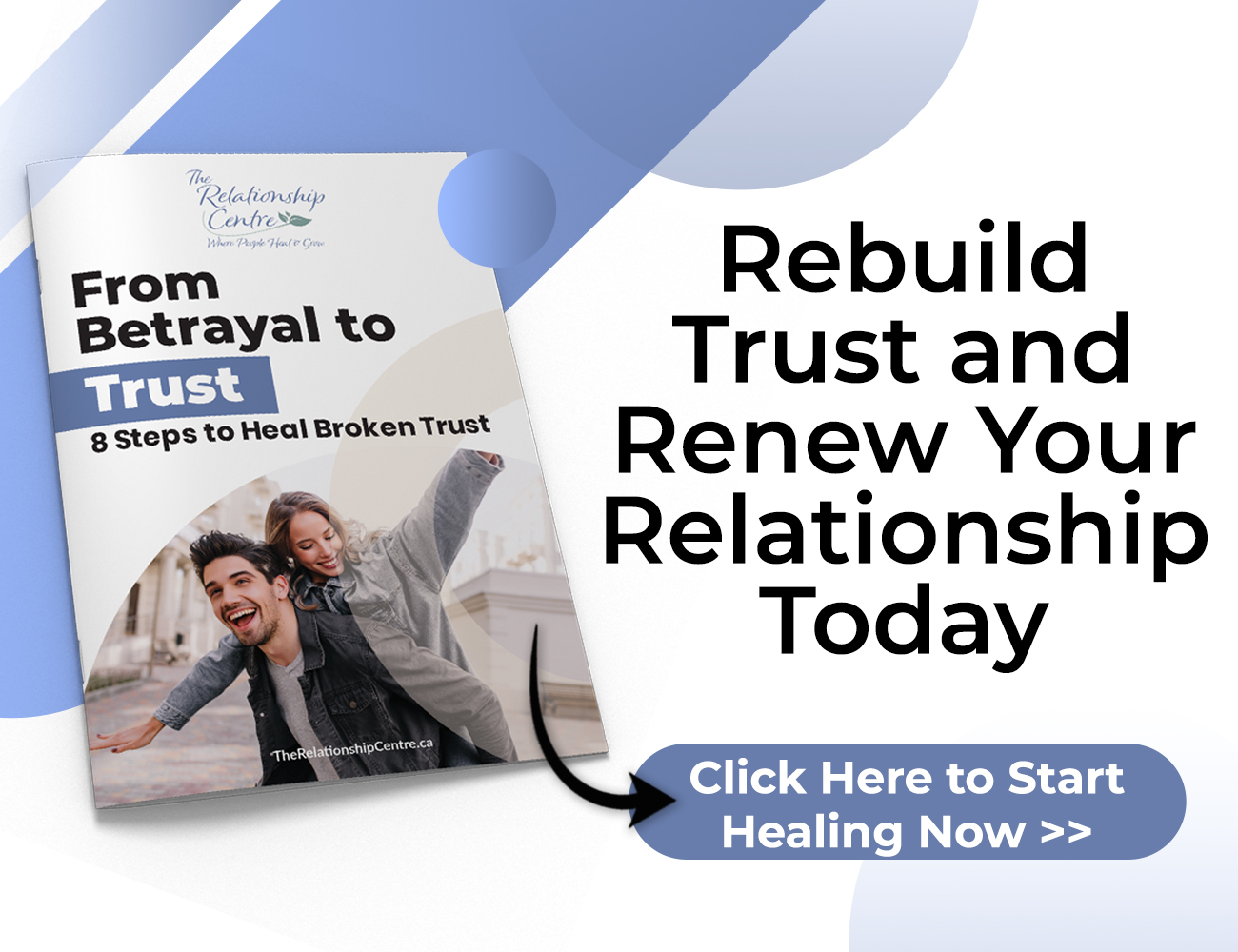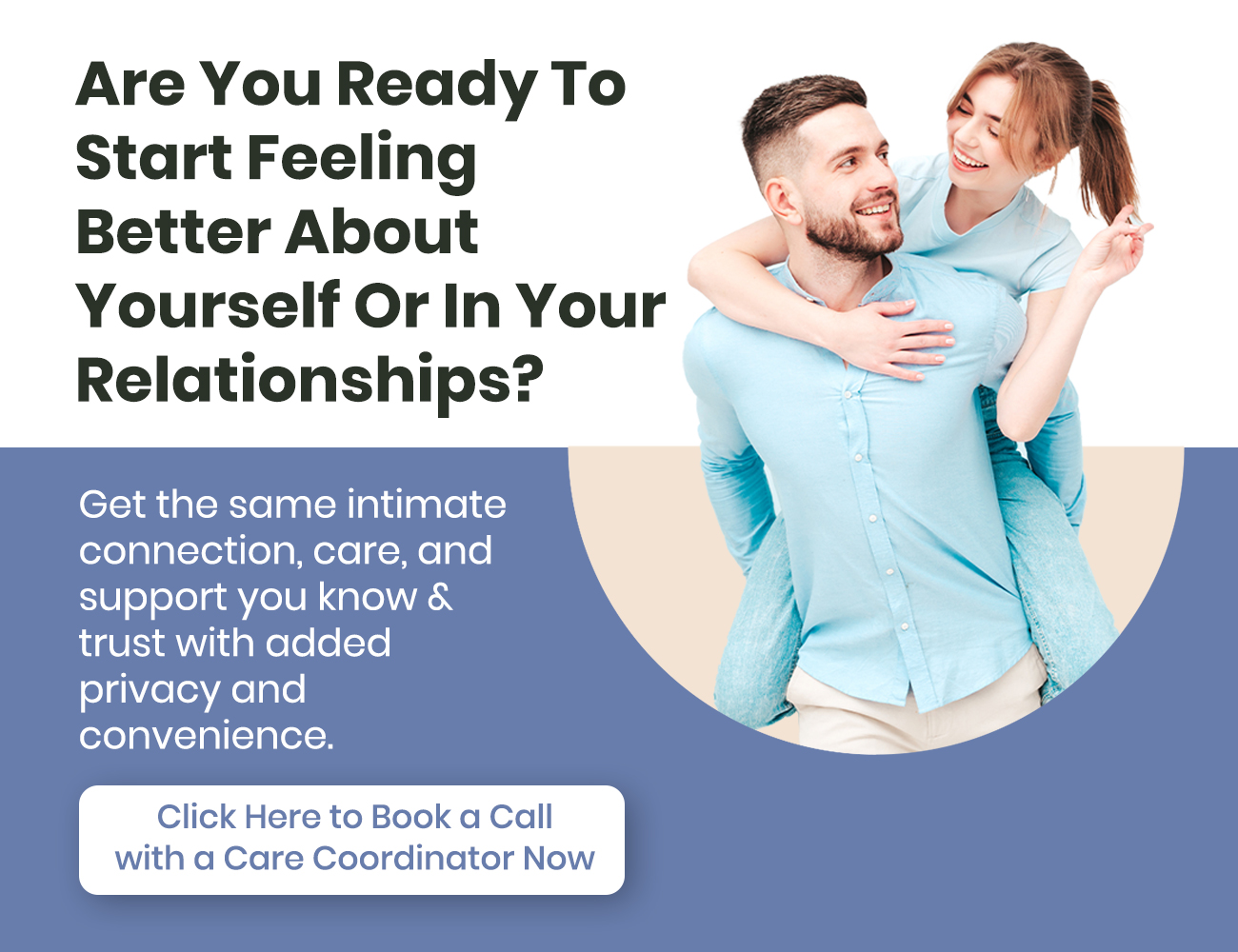Do you ever wrestle with social media comparison? Undoubtedly, the temptation to compare our lives with others has existed since the dawn of history. However, we’ve experienced one significant shift in recent years that’s drastically changed how we compare ourselves—social media. Social media can be like a comparison game on steroids.
Do you ever find yourself saying, “Why does social media make me sad?” or “Social media makes me depressed?” When specific triggers lead to what you’d describe as social media depression, social media anxiety or jealousy, it’s wise to start looking into what’s happening. One possible reason social media is making you feel so lousy is social media comparison.
“Is their partner better than mine?”
“Is their child, house, car, job, or life better?”
“Do more people like their posts than they do mine?”
On and on the game goes, and it can be great when you feel like you’re “winning.” But what about that day when you feel like you come up short? That’s bound to happen, isn’t it? If you live by the approval of others on social media, you’ll also die by it when it doesn’t go how you hoped.
In her “Psychology Today” article entitled The Comparison Trap, Rebecca Webber shares the following:
“You know those people who have more than you—money, acclaim, looks, whatever? The spike of envy they trigger is natural, and social media is primed to amp it up. But in a world where followers and likes can seem like rock-solid proof of a person’s worth, you don’t have to take the bait.”
So, how do you stay away from the comparison game? Here are some ways to avoid comparing yourself to others on social media.
The overused saying, “that’s just the tip of the iceberg” applies here in full force. That’s what you see when you view someone’s life on social media. You’re mostly looking at someone’s highlight reel at best. At worst, it can be a partial or total misrepresentation of what’s happening behind closed doors.
That “perfect” relationship may be quite rocky in real life. And her hair doesn’t look like that when she wakes up in the morning.
For that reason, remember that you don’t see the entire picture—not even close. As a result, allow that reminder to free you from the toxic comparison game.
Remember that “Comparison Robs Contentment”
It’s easy to think someone else has it much better than you when you don’t have all the details of someone else’s life, which is what you mostly get on social media. You take the worst parts of your life—all the nitty-gritty misfits no one else knows as painfully as you do.
Then, you compare those with the best aspects of someone else’s life, which isn’t fair to you. You’d likely be surprised if you could see all the broken pieces in the lives around you. Hurts that people desperately attempt to hide when the social media page becomes active.
And suppose someone else has it better than you in one area of your life? That’s bound to happen too. In that case, playing the comparison game will only make you miserable. Because, as the saying goes, “Comparison robs contentment.”
For that reason, work at focusing on the good you have rather than what you don’t have. Suppose you constantly stew over what you wish you had rather than the good you already possess. In that case, you’ll lose the enjoyment of the positive aspects of your life you already have. Learning to identify your life’s positive points and expressing gratitude for them can be a significant safeguard from social media comparison.
Keep in Mind that External Praise Will Never be Enough
There’s no denying that validation and positive comments on social media feel good. We all need validation from others, after all. So, when you receive positive interactions from people on social platforms, that certainly isn’t bad in and of itself.
At the same time, it’s valuable to keep in mind that you will be disappointed if you attempt to find your true worth from something as flimsy as social media. Your value as a person far exceeds and transcends any likes, comments or lack thereof received on social media.
Understanding your actual value needs to come from within you, not from outside of you. Yes, others can help with the validation process. However, your incredible value exists whether others recognize it or not. It is fixed, and, ultimately, no one can take that away from you. Even if you fail to acknowledge it yourself, it remains there, nonetheless.
Some individuals find spiritual practices or meditation helpful in discovering their actual value at a greater depth. But remember that external validation will never be enough to recognize your true worth if you haven’t developed a healthy internal understanding of it first.
Social media validation will always fall short. You may get 100 likes, but you could have gotten 1,000. Someone out there will get 1,000 likes, but that doesn’t make that person more valuable than you. Social media validation can feel good, but it will never be enough. At the same time, people may misunderstand you, ignore you or even bully you online, but that will never take away your incalculable value.
The challenge is getting yourself to see your true worth. Once you finally recognize it through your own eyes, the social media comparison game won’t hold nearly as much power over you. You’ll also become more skilled at identifying the value in others around you.
Be Compassionate Towards Others
Social media can cause people to feel bad about themselves and their current situation, as we’ve already discussed. For that reason, be considerate of others on social platforms.
You can intentionally operate in a way that isn’t as likely to bring out the insecurity or jealousy in others since you know how that feels. And while social media probably isn’t a good place for absolute transparency, it’s OK to let others see that you’re only human just like them.
The best motive for social media use is to show kindness and love to others. After all, if you aren’t there to benefit others and they aren’t there for the same reason, what’s the point?
Curate Your Social Media Feed
If you find there are certain social media contacts whose posts cause you to regularly feel bad about yourself, consider unfollowing that person. That way, whatever does turn up in your feed will be more beneficial to your mental wellness. You can keep these contacts in your network if you prefer, and they likely won’t be able to tell that you unfollowed them.
Taking a Social Media Break
Social media and its synthetic reward system can be pretty addictive. And when your life becomes more wrapped up in your online persona than the one in real-time, that can cause all sorts of problems.
It can adversely affect your significant-other relationship and any other close connections with children, other family members, and friends. It can also affect your personal wellness or job performance if not used in moderation. And, of course, the more time you invest in social media, the more the comparison game can adversely affect you.
For that reason, consider setting daily limits on social media use so that it becomes a helpful tool in your life rather than your master. You may also want to consider taking a break from social media, often called digital detox.
Struggling with Social Media Comparison? Consider Counselling
While some aspects of social media use are light-hearted, others are much the opposite. The link between social media and depression is well documented. Social media and anxiety are also a concern for some. Social media relationship jealousy can cause problems too, and the list of potential challenges goes on.
If you’d like to learn more about how The Relationship Centre can assist you with your therapy needs, please get in touch. You are also welcome to book an appointment with us.














